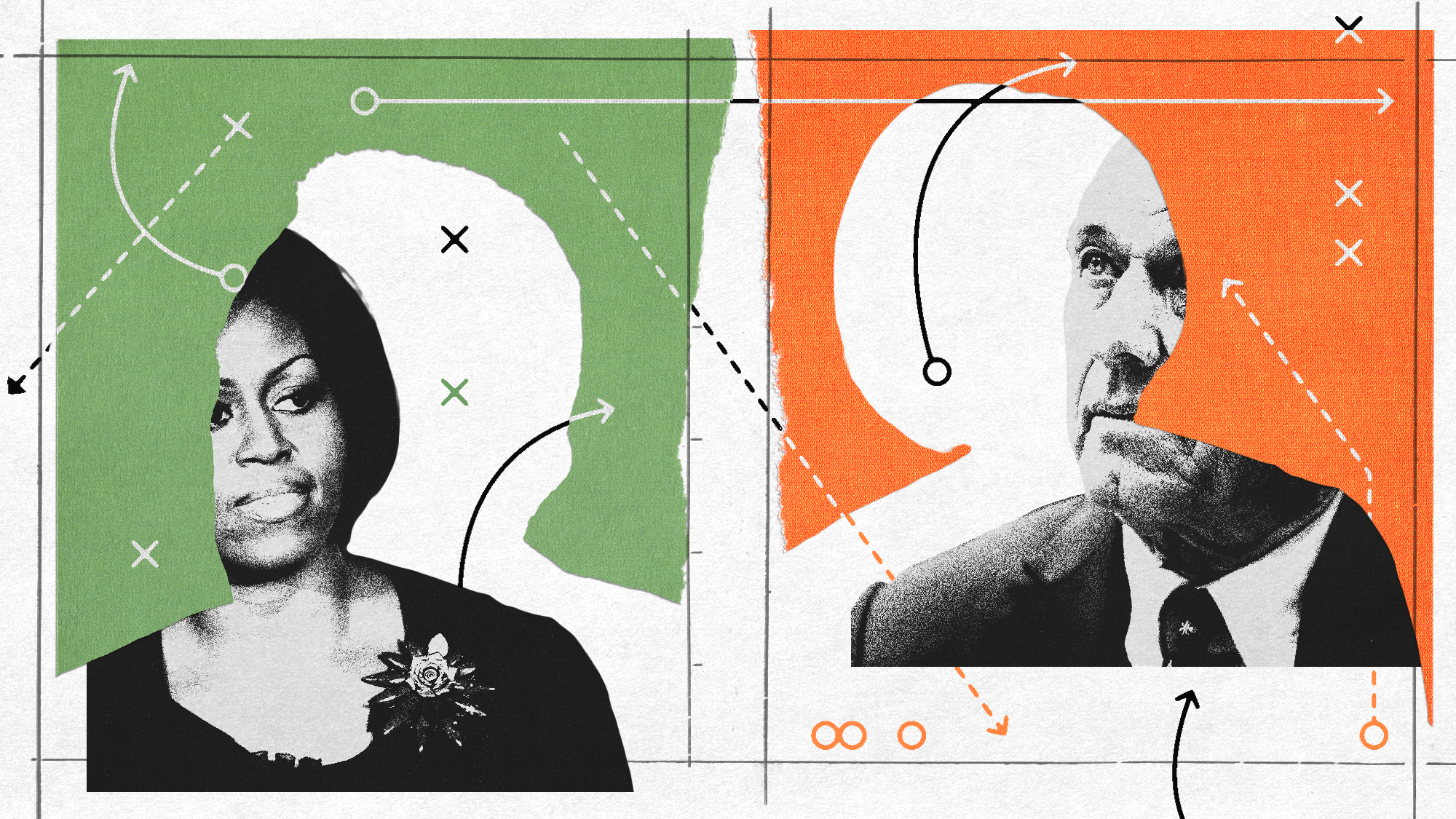According to the Centers for Disease Control and Prevention, about 20.5 million adults now have coronary artery disease. This number is expected to grow a lot. By 2035, nearly half of the U.S. population may have some kind of heart problem. Because of this high demand, cardiology is one of the medical fields that pays well. But along with the medical challenges, managing money, especially billing and payments, can be hard.
If billing is not done well, cardiology practices can lose a lot of money. Experts say that poor billing causes about $125 billion in losses every year across U.S. healthcare providers. This is about $5 million lost per cardiology provider on average. Almost 80% of medical bills in the U.S. have mistakes. These mistakes cause claims to be denied, payments to be delayed, and costs for handling bills to go up. Because of these problems, many cardiology practices choose to outsource their billing to outside companies to improve money management, rules, and how well things run.
The Complexities of Cardiology Billing
Cardiology billing is very complicated. It includes many procedures, tests, and treatment codes that need special care. Examples are procedure codes with modifiers like -26 and -TC, rules about bundling, and needing approval before certain services. Changes in laws and rules from government and insurance companies make billing even harder.
Also, cardiology billing faces close checks by insurance companies and changing payment rules. In-house billing teams, especially if they do not have many resources or training, find it hard to keep up with accurate coding and following rules. This can cause claims to be rejected, payments to be late, and money to be lost. Such problems can hurt a cardiology practice’s long-term success.
For example, recent medical rule changes directly affect billing for services like echo tests, including Doppler ultrasound and color flow studies. Accurate paperwork and billing for these tests need special training that some in-house teams do not have. Without this skill, cardiology practices may lose a lot of money, even if they see many patients.
AI Answering Service for Pulmonology On-Call Needs
SimboDIYAS automates after-hours patient on-call alerts so pulmonologists can focus on critical interventions.
Why Outsourcing Cardiology Billing Services Makes Sense
Outsourcing billing suits the complex and regulated field of cardiology. Partnering with specialized billing companies offers many benefits, such as:
Cost Savings
Running a billing department inside a practice costs a lot. This includes paying employees, training them, office space, and buying billing software. These costs are high for small and medium cardiology practices. Outsourcing changes these fixed costs into variable costs. Usually, the billing company charges a percentage of the money collected or a fixed fee. This can save practices up to 40%. It also helps them plan their cash flow better.
Increased Revenue and Reduced Revenue Leakage
Billing companies with cardiology experience know the right codes and insurance rules well. They help cut down on claims being denied. With correct coding, fast submissions, and close follow-up, they can increase what is collected by about 7–10%. Some types of billing even see more than 30% increases.
Medical Billers and Coders (MBC), a company that focuses on cardiology billing, says they help practices increase revenue by 10–15%. They do this by making sure claims are clean and using tracking tools to lower mistakes.
Launch AI Answering Service in 15 Minutes — No Code Needed
SimboDIYAS plugs into existing phone lines, delivering zero downtime.
Improved Compliance and Reduced Audit Risks
Rules like ICD-10, CPT, CMS, and HIPAA change often. Keeping up with these rules is important but hard. Outsourced billing providers hire certified coders and teams who watch these changes closely. This lowers the risk of audits, fines, and claim denials. This is very important because Medicare and Medicaid make up a big part of cardiology payments.
Access to Advanced Technology and Analytics
Many cardiology practices find it hard to keep expensive billing software and systems. Outsourced companies invest in modern software that automates claim submissions, tracks denials, verifies patient eligibility, and works with electronic health records (EHR). They use data tools to show money trends, denials, and financial health. Practice managers can use this data to make good decisions for growth and keeping the practice stable.
Scalability and Workforce Stability
Cardiology practices sometimes have changes in patient numbers due to seasons or growth. Outsourcing offers billing that can grow or shrink as needed without hiring or training new staff. This makes billing efficient and costs reasonable during these changes.
Impact on Patient Satisfaction and Administrative Efficiency
Accurate billing lowers the number of problems between patients and the practice about confusing or wrong bills. Outsourced billing usually has customer service teams that quickly and clearly answer patient questions about bills. This improves how happy patients are and makes them more loyal.
Also, when billing is handled by outside experts, cardiology doctors and their staff can spend more time on patient care instead of paperwork. This better division of work helps teams be more productive and satisfied with their jobs.
AI and Workflow Automation Enhancing Cardiology Billing
Recently, artificial intelligence (AI) and automation have changed medical billing a lot, including cardiology billing. These tools work well with outsourcing by improving speed, accuracy, and how smoothly billing runs.
Automated Claims Submission and Denial Management
AI billing systems can create and send claims automatically after patient visits. This helps get payments faster and lowers unpaid claims. It also reduces the time staff spend on regular tasks.
AI also watches denied claims, finds why they were denied, and suggests fixes. These smart systems help reduce future denials by quickly pointing out paperwork or coding problems. This approach leads to more accepted claims and better revenue.
Patient Data Verification and Eligibility Checks
Mistakes during patient signup and insurance checking are a big cause of lost money. AI systems automatically check patient eligibility and insurance before services. This lowers errors that cause rejected or late claims. Good upfront data helps follow rules and speeds up payments.
Workflow Optimization and Task Automation
Automation software organizes billing tasks like follow-ups, appeals, and reports. This lowers delays and makes sure complicated billing steps are done right and on time. Staff can then focus on solving special problems instead of routine work.
Integration with Electronic Health Records (EHR)
AI billing tools work well with EHR and practice management systems. This helps data move smoothly without double entry or errors. It improves patient records and billing accuracy.
Companies like Simbo AI focus on front-office automation and answering phones with AI. They help manage patient talks and appointment reminders. This kind of automation stops patients from dropping out by giving clear cost and appointment info ahead of time. It lowers billing disputes and raises payment rates, helping outsourced billing.
Selecting the Right Outsourcing Partner for Cardiology Billing
When choosing to outsource cardiology billing, practices should look for these qualities in a partner:
- Experience in cardiology billing with knowledge of complex CPT codes, modifiers, and insurance rules.
- Certified coders like CPC (Certified Professional Coder) or CCC (Certified Cardiology Coder) on their team.
- Use of advanced billing software that can automate tasks, provide analytics, and connect with EHR systems.
- Clear and honest pricing so practices know costs and expected returns.
- Strong rules for compliance to protect patient data and follow HIPAA.
- Complete services including patient eligibility checks, pre-approval help, denial handling, payment posting, and reports.
- Proven ability to improve collections and lower denials.
- Good customer service to quickly handle billing questions and support practice needs.
Companies like Medisys Data Solutions and Medical Billers and Coders have built good reputations by focusing on these points. They help cardiology practices get more money and reduce work.
Special Pricing for Hospitalist Groups Using AI Answering Service
SimboDIYAS offers volume discounts that make it an easy decision for multi-provider teams.
Financial and Operational Outcomes of Outsourcing Cardiology Billing
The worldwide outsourced medical billing market is growing fast. It is expected to reach over $54 billion by 2034, growing more than 12% each year. In the U.S., the market should go from $5.89 billion in 2024 to almost $19 billion by 2034. This growth shows more people see outsourcing as a good way to keep money and operations stable.
Data from experts show that outsourced cardiology billing can:
- Get claim acceptance rates over 95%, while in-house teams average 85–90%.
- Lower denial rates to below 5% with active coding checks and denial handling.
- Reduce the number of days money is owed to 28–35 days, making cash flow faster.
- Have net collection rates over 95%, much higher than the 75–85% industry average.
- Cut costs by up to 40% by changing fixed costs to variable ones.
These results give clear financial benefits and help keep practices strong.
Final Thoughts
For medical leaders managing cardiology clinics in the U.S., outsourcing billing is a strong way to solve ongoing payment challenges. Giving complex billing work to experts with the right experience, certified coders, and good technology helps cardiology practices stay financially healthy. Using AI and automation also improves accuracy, speeds up payments, and makes patient communication better.
The combination of saving money, collecting more revenue, following rules, and running more smoothly helps cardiology providers focus on giving good patient care. This helps both the practice and its patients over time.
Frequently Asked Questions
What is revenue leakage in cardiology billing?
Revenue leakage in cardiology billing refers to the financial losses incurred when Accounts Receivable (AR) are not paid for an extended period, leading to a loss of revenue, especially if the AR cycle exceeds 120 days.
What are the main causes of revenue leakage gaps in cardiology billing?
The main causes include documentation errors, incorrect coding, delayed reimbursements, insufficient registration data, errors in insurance coverage verification, billing errors, payer reimbursement denials, and patient leakage.
How prevalent are billing errors in the U.S. healthcare system?
Nearly 80% of medical bills in the U.S. are reported to contain errors, contributing to significant financial losses for healthcare providers.
What strategies can be used to seal revenue leakage gaps in cardiology billing?
Effective strategies include optimizing the billing process, implementing AI and automation, and outsourcing revenue cycle management (RCM) and accounts receivable (AR) management.
How does AI improve cardiology billing processes?
AI improves cardiology billing processes by automating claim submissions and billing tasks, reducing errors, expediting reimbursements, and improving overall revenue cycle management.
What role does automation play in medical billing for cardiologists?
Automation facilitates the generation of bills and submission of claims automatically after patient services, effectively shortening the reimbursement cycle and decreasing unpaid claims.
What benefits does outsourcing cardiology billing services provide?
Outsourcing can lead to improved accuracy, reduced errors, increased revenue, and cost savings, allowing cardiologists to focus more on patient care.
How can documenting patient information reduce revenue leakage?
Accurate recording of patient and insurance information minimizes errors that can lead to claim denials or delayed reimbursements, thus improving revenue flow.
What impact does optimizing the billing process have on cardiology practices?
Optimizing the billing process can significantly reduce outstanding medical bills and enhance the efficiency of revenue cycle management, ultimately securing financial health for practices.
How has MBC contributed to increasing revenue for cardiology practices?
MBC has aided cardiology practitioners in achieving a 10-15% increase in revenue by addressing revenue leakages, ensuring clean claims, and implementing improved tracking and automation.
The post Exploring the Benefits of Outsourcing Cardiology Billing Services for Improved Financial Health first appeared on Simbo AI – Blogs.





